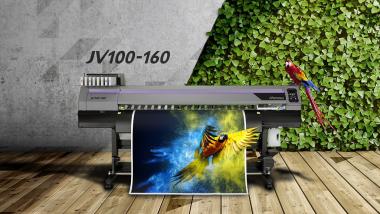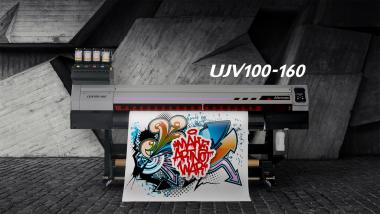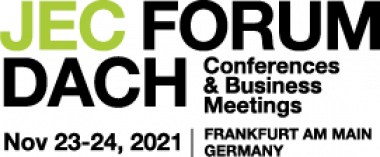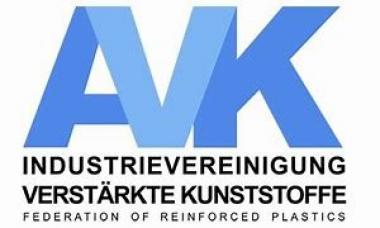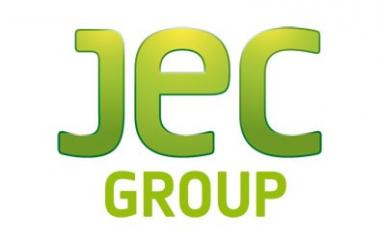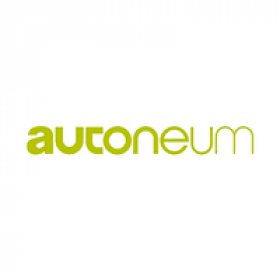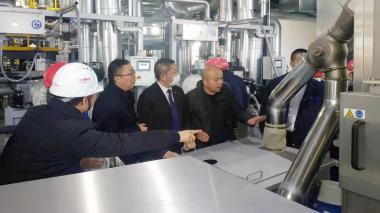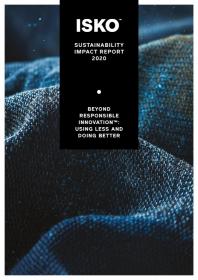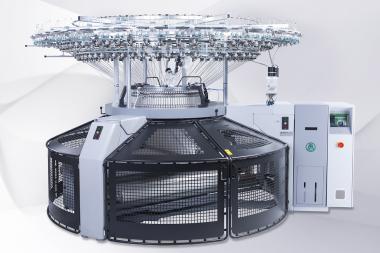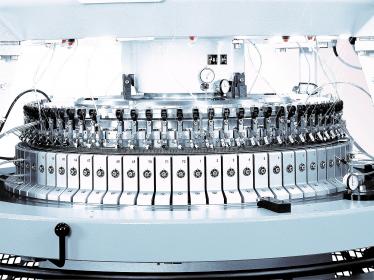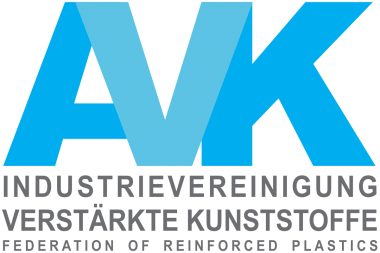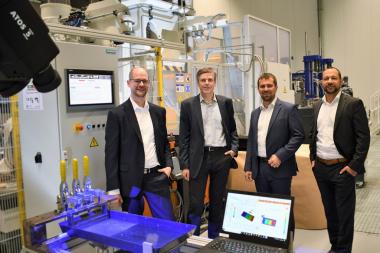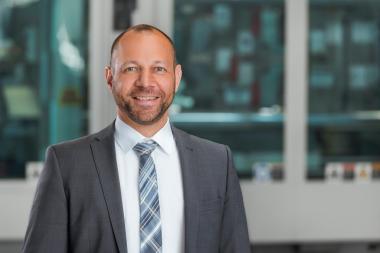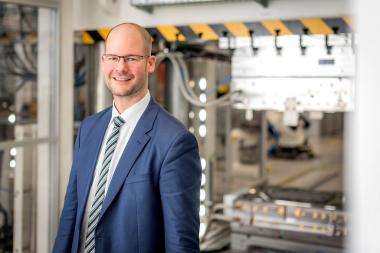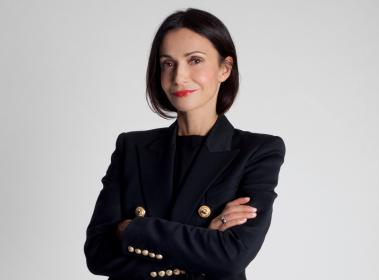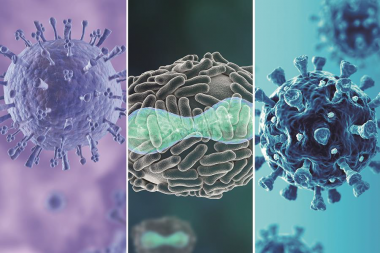Rieter Annual General Meeting 2021
Based on Article 27 of Regulation 3 on measures to combat the Corona Virus (COVID-19), the Board of Directors of Rieter Holding Ltd. decided that shareholders can exercise their voting rights exclusively by authorizing the independent proxy. Shareholders therefore could not attend the Annual General Meeting in person. The AGM was held on the premises of Rieter Holding Ltd. at the company’s headquarters in Winterthur.
At the Annual General Meeting of Rieter Holding Ltd. on April 15, 2021, the independent proxy represented a total of 2 084 shareholders who hold 63.6% of the share capital.
The shareholders approved the proposal of the Board of Directors not to distribute a dividend in view of the negative business result. In addition, they approved the proposed maximum total amounts of the remuneration of the members of the Board of Directors and of the Group Executive Committee for fiscal year 2022.
The Chairman of the Board, Bernhard Jucker, and the members of the Board of Directors This E. Schneider, Hans-Peter Schwald, Peter Spuhler, Roger Baillod, Carl Illi and Luc Tack were confirmed for an additional one-year term of office. Stefaan Haspeslagh was newly elected to the Board of Directors for a one-year term of office.
Furthermore, This E. Schneider, Hans-Peter Schwald and Bernhard Jucker, the members of the Remuneration Committee who were standing for election, were also each re-elected for a one-year term of office.
Shareholders also adopted all other motions proposed by the Board of Directors, namely the approval of the annual report, the financial statements and the consolidated financial statements for 2020, and formal approval of the actions of the members of the Board of Directors and those of the Group Executive Committee in the year under review.
Outlook Updated
As already communicated at the Results Press Conference on March 9, 2021, Rieter expects the market recovery to continue in 2021. The company expects an order intake exceeding CHF 500 million in the first half of 2021. For the first half of 2021, Rieter still anticipates that sales will be below break-even point. For the full year 2021, Rieter expects an operating profit.
Rieter Management AG






